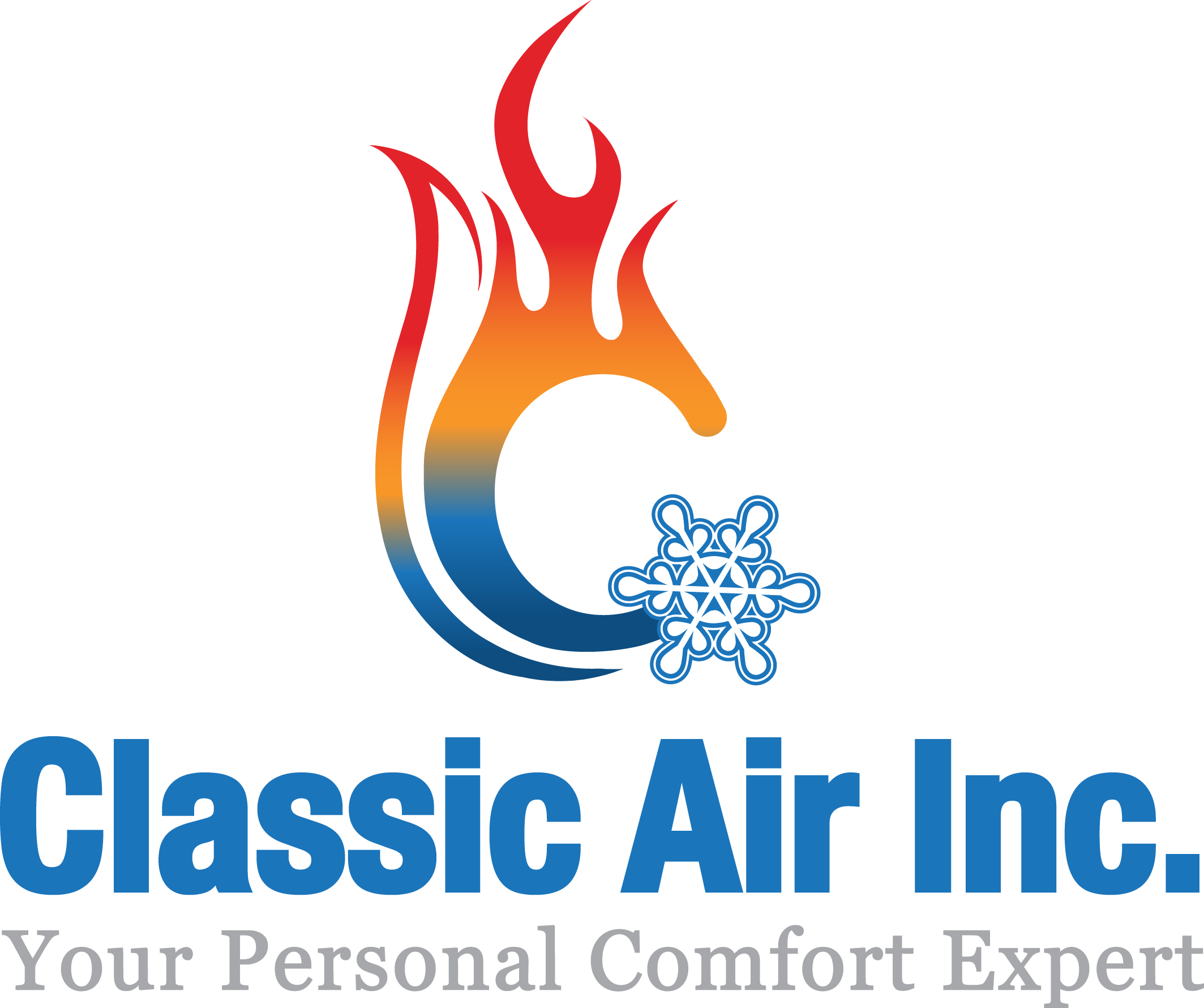
We spend lots of time indoors. In reality, the Environmental Protection Agency (EPA) has determined being within a building makes up 90% of our schedule. However, the EPA also has determined your indoor air can be three to five times dirtier than outdoors.
That’s since our residences are securely sealed to enhance energy efficiency. While this is fantastic for your heating and cooling costs, it’s not so good if you’re a part of the 40% of the population with respiratory allergies.
When outside ventilation is restricted, pollutants including dust and volatile organic compounds (VOCs) may get trapped. As a consequence, these pollutants might irritate your allergies.
You can improve your indoor air quality with clean air and regular dusting and vacuuming. But if you’re still having problems with symptoms during the time you’re at home, an air purifier may be able to provide relief.
While it can’t get rid of pollutants that have gotten trapped in your furnishings or carpeting, it might help purify the air traveling throughout your house.
And air purification has also been scientifically verified to help lower some allergic symptoms, according to the American College of Allergy, Asthma and Immunology. It might also be helpful if you or a loved one has lung issues, including emphysema or COPD.
There are two models, a portable air purifier or a whole-home air purifier. We’ll discuss the advantages so you can figure out what’s appropriate for your home.
Whole-House Air Purifier vs. Portable Air Purifiers
A portable air purifier is for one room. A whole-house air purifier accompanies your heating and cooling unit to clean your entire house. Some kinds can clean independent when your heating and cooling equipment isn’t operating.
What’s the Best Air Purifier for Allergies?
Seek an option with a High Efficiency Particulate Air (HEPA) filter. HEPA filters are placed in hospitals and deliver the most comprehensive filtration you can find, as they catch 99.97% of particles in the air.
HEPA filters are even more powerful when combined with an ultraviolet (UV) germicidal light. This mighty blend can wipe out dust, dander, pollen and mold, all of which are common allergens. For the ultimate in air purification, think over equipment that also has a carbon-based filter to decrease household vapors.
Avoid buying an air purifier that creates ozone, which is the top ingredient in smog. The EPA advises ozone may irritate respiratory problems, even when discharged at low settings.
The Allergy and Asthma Foundation of America has made a list of questions to ask when purchasing an air purifier.
- What can this purifier extract from the air? What doesn’t it take out?
- What’s its clean air delivery rate? (A better number means air will be purified faster.)
- How regularly does the filter or UV bulb need to be changed]? Can I complete that by myself?
- How much do spare filters or bulbs cost?
How to Reduce Seasonal Allergy Symptoms
Want to have the {top|most excellent|best] results from your new air purification equipment? The Mayo Clinic suggests completing other steps to reduce your exposure to problems that can cause seasonal allergies.
- Stay indoors and keep windows and doors shut when pollen counts are elevated.
- Have someone else cut the lawn or pull weeds, since this work can irritate symptoms. If you are required to do these jobs yourself, you might want to consider trying a pollen mask. You should also rinse off without delay and put on clean clothes once you’re finished.
- Avoid drying laundry outdoors.
- Use your air conditioner while at your house or while driving. Consider installing a high efficiency air filter in your home’s home comfort equipment.
- Equalize your home’s humidity saturation with a whole-house dehumidifier.
- Hardwood, tile or linoleum are the ideal flooring kinds for reducing indoor allergens. If your home has carpet, install a HEPA filter on your vacuum cleaner.
Let Our Specialists Take Care of Your Indoor Air Quality Necessities
Prepared to move forward with installing a whole-house air purifier? Give our experts a call at 614-210-3041 or contact us online to schedule an appointment. We’ll help you locate the best system for your residence and budget.
